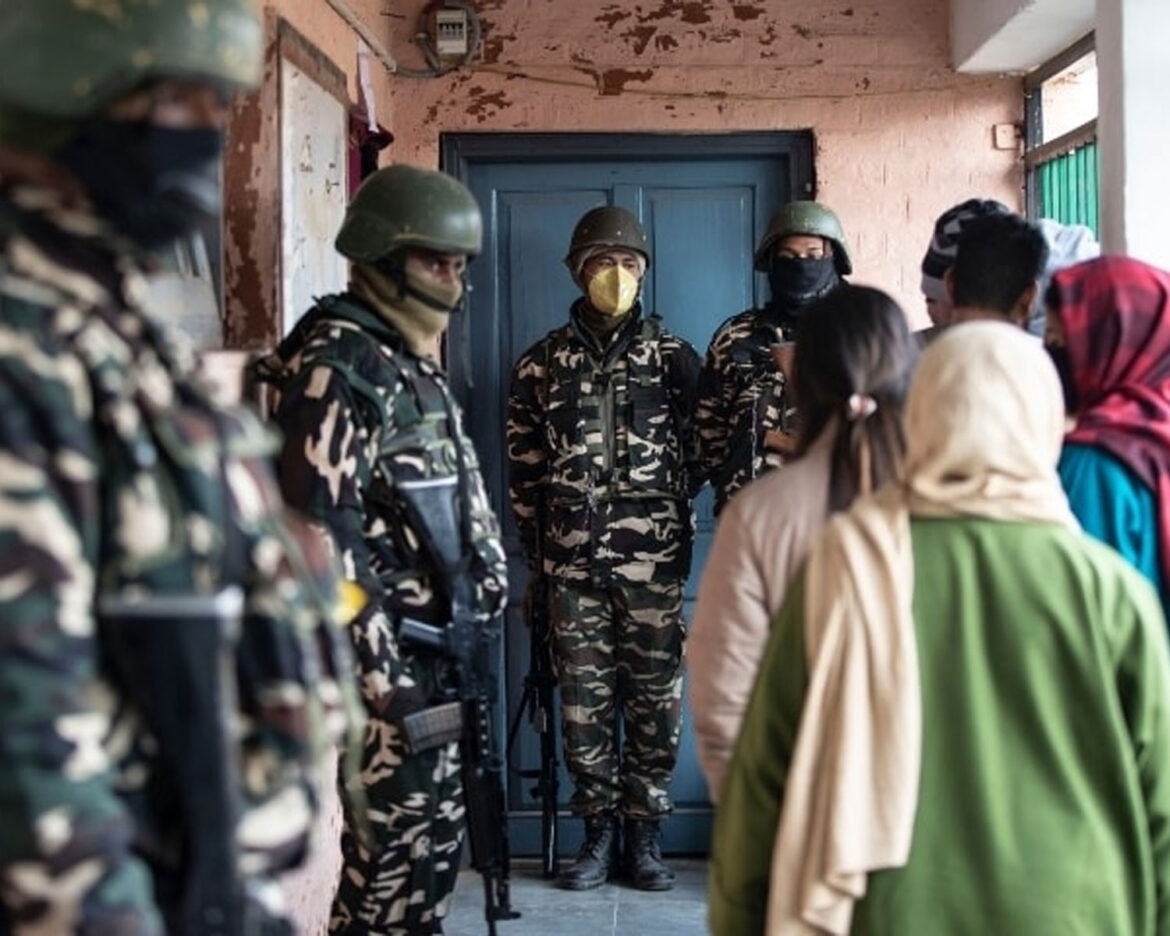On Wednesday, voters in India-occupied Kashmir went to the polls for the first time since New Delhi revoked the region’s semi-autonomous status in 2019. The decision, implemented by Prime Minister Narendra Modi’s government, ended decades of political autonomy, triggering widespread protests and unrest in the Muslim-majority territory. This election marks the first opportunity for Kashmiris to elect a local government since the abrogation of Article 370.
In a region long controlled by a federally appointed governor, soldiers were deployed across polling stations in Srinagar, the main city, to ensure security. Voters like Abdul Rahim, 52, expressed hope that elected representatives could address local grievances. “Our children are locked up and we are suffering. They (the government) abrogated Article 370 so we don’t have any representatives who can question their moves,” Rahim said.
By 11 a.m., more than 24% of voters had already cast their ballots, with the turnout expected to be higher than in previous elections. The first stage of the three-phased elections, held on September 18, saw a strong 61% turnout.
The scrapping of Kashmir’s special status and subsequent political vacuum have fueled frustrations. High unemployment rates and demands for the restoration of autonomy have dominated the election campaigns of regional parties. However, critical powers, such as security and the appointment of the region’s governor, will remain in New Delhi’s hands.
The Bharatiya Janata Party (BJP) claims that its governance has brought peace and economic development to the region. However, critics argue that the central government is attempting to split the Muslim vote by encouraging independent candidates in the Kashmir valley, while the BJP has concentrated its efforts on the Hindu-majority Jammu region.
Voter Tariq Ahmed, 40, expressed hope for a return to representative governance, saying, “Since the last election ten years ago we were left at the mercy of God… I hope we get our own representative with whom poor people like myself can raise everyday issues.”
The final round of voting is set for October 1, with results expected the following week.



